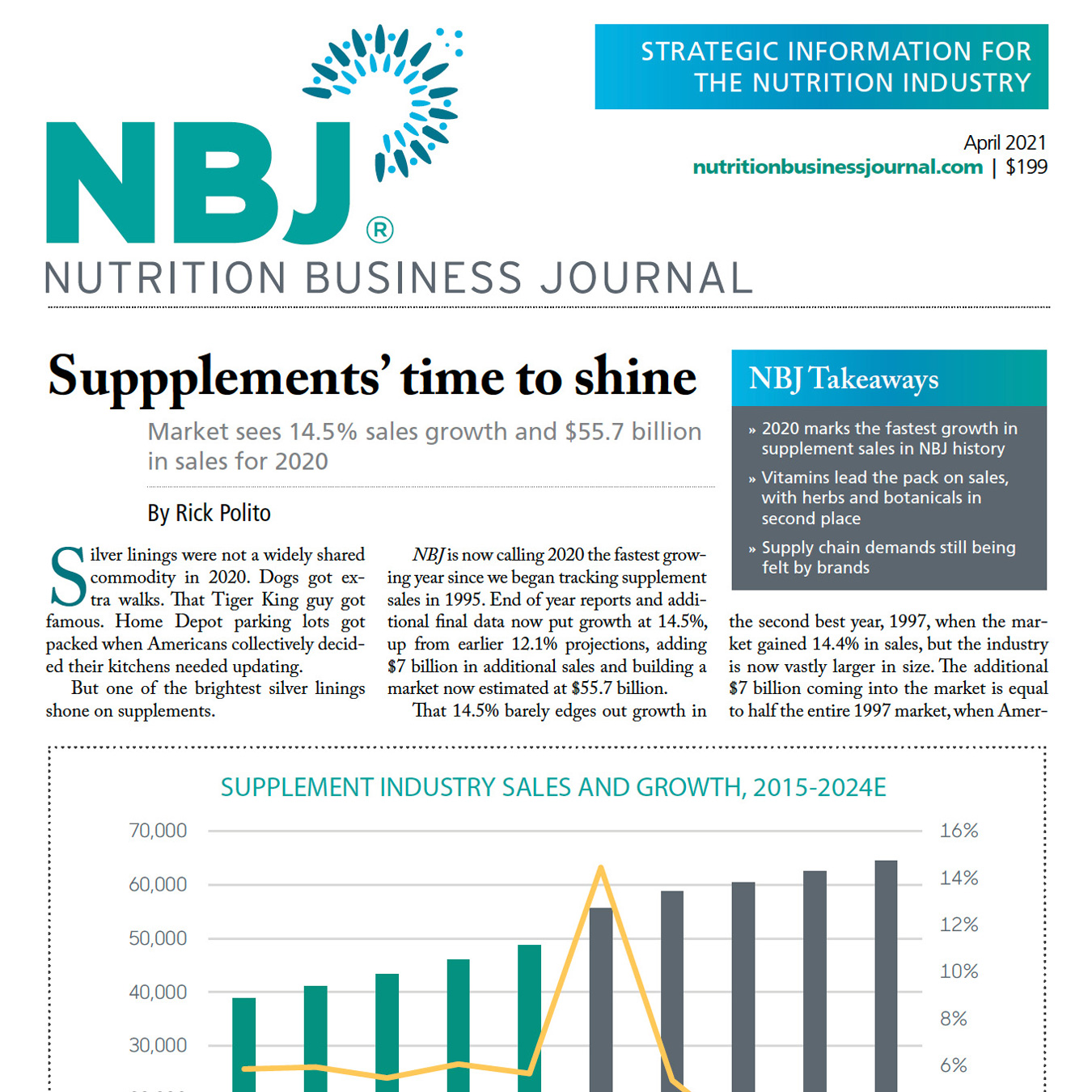
Read the full article here.
Just because naturopathic medicine approaches health from traditional practices doesn’t mean practitioners have turned their backs on the high-tech tools available to them today, including the promising computing power of artificial intelligence.
That convergence of the old and the new is taking physical shape at the Southwest College of Naturopathic Medicine, which is scheduled to complete construction of a state-of-theart molecular biology and phytochemistry laboratory in 2021, as part of an expansion of the Ric Scalzo Institute for Botanical Research. The new facility will bring a more rigorous scientific approach to developing natural products by studying the molecular underpinnings of plant extracts in order to understand the link between compounds and biological pathways.
“That’s really what we feel has been missing from natural products research,” says Bill Chioffi, vice president of strategic partnerships and business development for the institute.
“People are testing clinically, in patients, formulas that haven’t really been well developed on the back-end.”
Chioffi says the lab is approaching the task of product innovation with the mindset of a startup, building partnerships in both industry and academia. And part of that approach is leveraging new tools like artificial intelligence to deliver data-driven insights at a scale and speed beyond human capabilities.
“No scientist actually can keep up with the [scientific] literature nowadays,” notes Susan Trapp, Ph.D., who recently joined the institute as an expert in molecular biology, genomics (including research on the Human Genome Project) and computational biology.
The latter is a scientific discipline that uses mathematical models to understand biological systems. AI and computational biology are merging, to the extent that the terms are sometimes used interchangeably when speaking about algorithms that ingest and analyze large datasets.
Take the example of echinacea, a popular dietary supplement that is marketed for a number of health conditions, using various parts of the plants, across a wide variety of formulations. An algorithm trained to sift through the scientific literature and other sources could quickly make predictions about optimal extractions for the kind of product desired.
“All of those factors can be sorted through with AI from the reams of data that’s out there about echinacea already,” Chioffi says.
Trapp says the nutraceuticals industry is still in its infancy compared to big pharma regarding the use of AI, computational biology, bioassays and other advanced lab techniques for developing new products. “We’re probably five to 10 years behind [when] utilizing all of these tools,” she says.
Chioffi says he believes the institute can help bring scientific rigor to the natural products industry and instill a thirst for research in the wider naturopathic community.
“Our great hope would be to work with manufacturers of botanical extracts to improve what’s being put out into the supply chain,” he says. “We’re really hoping to inspire the next generation of naturopaths to look at research as an avenue for their work.”
